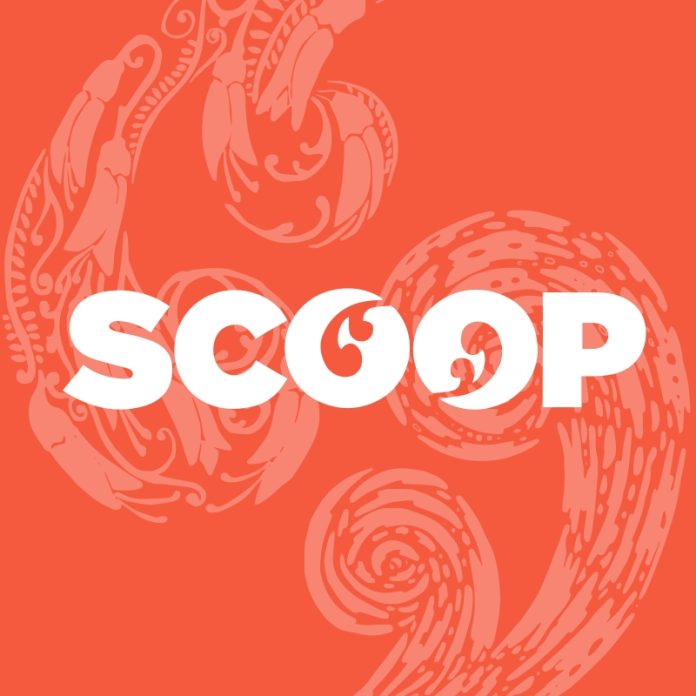The Department for Business, Innovation and Employment (MBIE) is changing acceptable solutions and verification methods to ensure the safety and well-being of New Zealanders when it comes to plumbing, drainage and fire safety.
“The changes are updates to existing documents used to comply with building codes. They aim to improve the quality and reliability of plumbing and drainage services and protect people from fire in their homes,” says Dr. Dave Gittings, Manager of Building Performance and Engineering.
“Among the changes to the installation documents is the adoption of the latest version of AS/NZS 3500 Installation and Drainage Standards. These new versions include New Zealand specific requirements that supersede several previous changes to the standards.
“Children and the elderly are particularly at risk for tap water scalds, with 65 percent of serious tap water scalds occurring in infants and young children under the age of 4. The changes to the water supply aim to increase protection for those most vulnerable to scalding from hot water from taps and baths, and to better protect drinking water from backflow contamination.
“We are making changes to quote the latest industry standards for sprinkler, fire alarm and smoke control systems, including requiring interconnected smoke detectors as the minimum fire safety system in new homes. By adopting the latest industry standards and aligning with similar requirements in other countries, we aim to improve the safety of our communities.
“In response to the mixed feedback in the filings, we are withdrawing portions of the fire safety proposal to protect other properties from the spread of townhouse and low-rise apartment building fires. The submissions generally supported the intent to increase fire protection in our homes, but there was no clear consensus on what the technical details of the change should be.
“We have listened to the feedback received, made some changes to the original proposals and recognize that further thought is needed on residential fire safety and will remain committed to this.”
“By announcing these decisions ahead of the publication of the revised building code documents, our aim is to provide reassurance and guidance to the sector, to allow manufacturers, suppliers and installers time to comply with the new requirements, and to prepare information and training on this for the sector and the support the public in the changes.
“We are committed to continuous improvement to ensure Building Code compliance pathways are fit for purpose and up to date, and support the provision of safe, healthy and durable homes and buildings in Aotearoa, New Zealand.” said Dr. Dave Gittings.
The revised acceptable solutions and verification methods documents will be released in November 2023 to allow for a 12-month transition period. After this transition period has expired, the previous versions of the documents can no longer be used.
More information on the changes and the full outcome documents can be found at building.govt.nz/bcu22
© Scoop Media
Did you know Scoop has an ethical paywall?
If you use Scoop for work, we ask you or your organization to pay a small license fee for Scoop Pro. We think this is fair because your organization will benefit from using our news resources. In return, we give your team access to professional news tools and keep Scoop free for personal use because we believe public access to news matters!
Join Scoop Pro Learn more
www.scoop.co.nz
https://www.scoop.co.nz/stories/BU2305/S00077/changes-to-the-building-code-for-plumbing-and-drainage-and-protection-from-fire.htm















